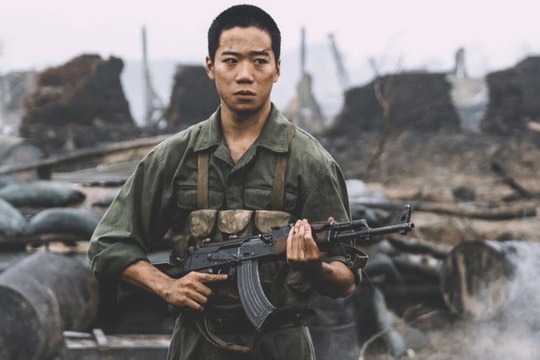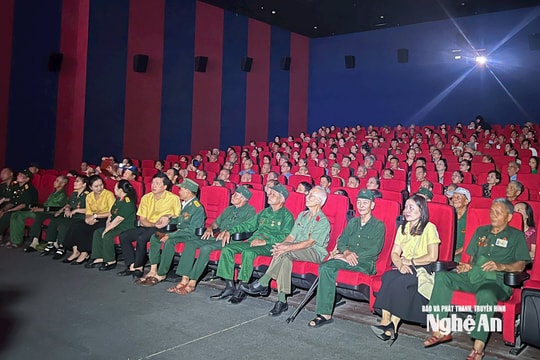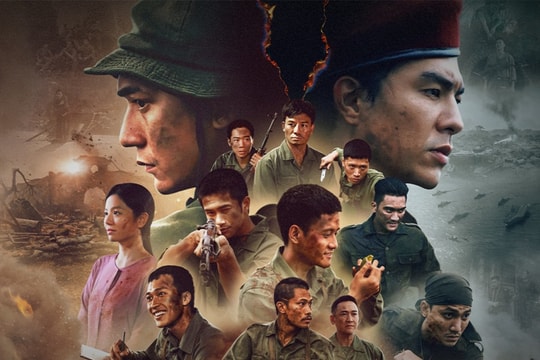Writer Chu Lai: 'Young people are moved because they see the value of peace in Red Rain'
"The young generation is moved because they see the truth, see blood and tears and from there realize the value of peace today," Colonel - writer Chu Lai emphasized the appeal of "Red Rain".
Both Vietnamese cinema and literature have just witnessed a rare phenomenon: the movie Red Rain has caused a fever at the box office, while the novel of the same name has also unexpectedly reprinted 50,000 copies after 9 years of release. Amidst that joy, Colonel, writer Chu Lai - author of Red Rain shared with VietNamNet reporters his emotions and thanked readers and audiences for their sympathy.
"I always feel indebted to the soldiers who died in Quang Tri Citadel. When my work is well received and readers sympathize with it, I feel I have partly repaid that debt," he said.
40 years of nurturing an obsession
Colonel Chu Lai admitted that the idea of Red Rain has been with him for more than 40 years. Having experienced the war, Quang Tri Citadel has always been a "beautiful and painful obsession" for him. He did not want to write in a clear-cut way between us and the enemy, but wanted to portray the war with the most honesty: blood, tears, struggles, moments of weakness and human love in the midst of fire and smoke.
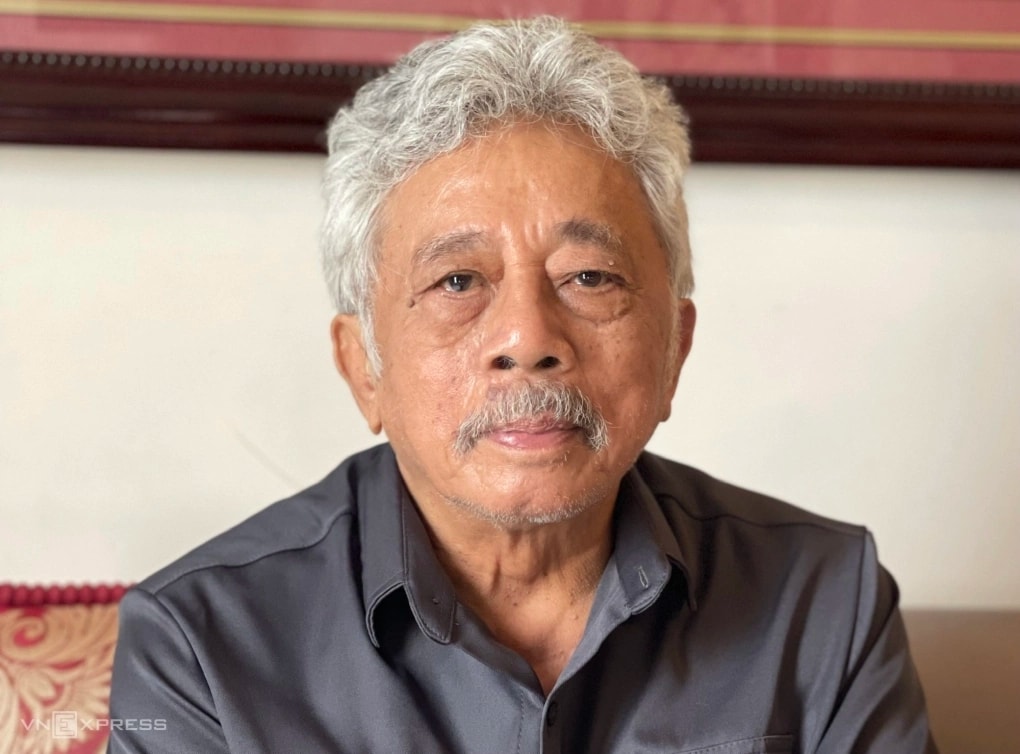
The writer traveled all over Quang Tri, talked with witnesses, and even once stayed overnight in the Citadel to "listen to the whispers of his comrades under the deep soil". From that material, he fictionalized typical characters: Cuong - inspired by a real-life martyr, or Ms. Hong - a guerrilla boatman, crystallized from many witnesses.
"I want readers to see the fierceness but also the humanity in each fate," said writer Chu Lai.
As a novelist and screenwriter, Chu Lai understands the difficulties of adapting Red Rain to film. Literature allows him to delve into the inner self, while cinema forces him to choose concise details and evocative images.
"I was very worried, but luckily the young female director stayed true to the spirit of the novel and added a lot of creativity," he said.
One example is the scene where two mothers sit together in a boat and release flowers into the Thach Han River. In the book, it is just a passing detail; in the film, it becomes a powerful, haunting image for the audience.
"The young generation is moved because they see the truth, see blood and tears and from there realize the value of peace today," he emphasized.
When cinema "awakens" reading culture
After the film was released, the novel Red Rain suddenly became popular again, printing up to 50,000 copies. Writer Chu Lai admitted that he was very surprised and happy: "That proves that readers still crave quality works. After watching the film, they return to books to learn more about the characters' inner thoughts, details that cinema cannot fully convey. This is a good sign for reading culture."
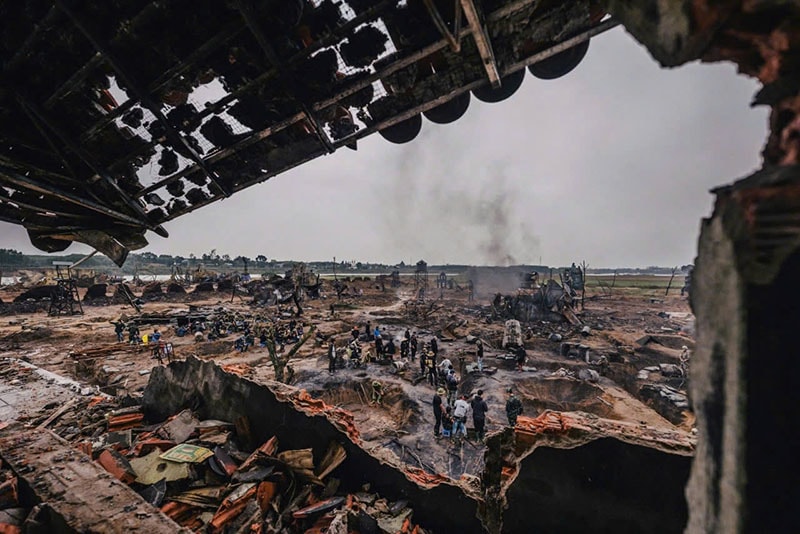
What surprised the writer the most was the strong response from young audiences to a revolutionary war film - which is considered a difficult genre to approach. But according to him, it is not a random phenomenon: "It comes from the latent patriotism in every Vietnamese person. Perhaps if the film had been released 10 years ago, it would not have created the same resonance as it does now. If placed in today's context, the young generation can continue the spirit of the Citadel by accumulating knowledge, creating, enriching themselves and the community. In every Vietnamese person, there is a 'diamond' in the heart, ready to explode when the Fatherland needs it."
Writer Chu Lai affirmed that Red Rain is not only a story about the past but also a lesson for today and tomorrow. He hopes that the audience, especially the young generation, will understand the message: today's peace is exchanged for the blood and bones of the past - something that cannot be betrayed.
"If people know how to love their people, love their country and love each other, they will overcome all storms to protect the country," he advised.
With Red Rain, Chu Lai called it a debt to his comrades. But looking at the vitality of both the film and the novel today, it can be seen that it is also a gift he gives to the next generation - a touching reminder of courage, sacrifice and the desire for peace.

